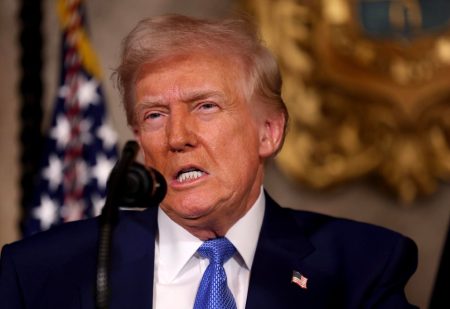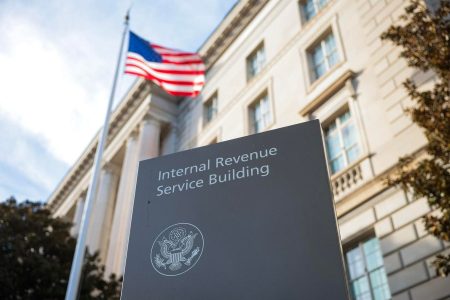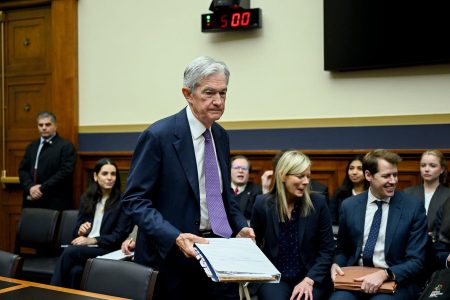The Trump administration’s abrupt memo ordering a freeze on federal grants and loans sent shockwaves through the higher education sector, threatening to disrupt the flow of billions of dollars crucial for research, infrastructure, and operations. While the immediate impact of such a freeze could be devastating for some institutions, universities with substantial endowments, particularly elite private institutions and flagship state universities, are better positioned to weather the storm, raising questions about the long-term implications for the funding landscape of higher education.
A closer examination of federal funding data reveals a stark contrast in the financial vulnerability of different institutions. While some universities rely heavily on federal funds for a significant portion of their operating budgets, others, particularly those with large endowments, receive federal funding that represents a smaller percentage of their overall revenue. For example, institutions like Harvard and Princeton, with endowments exceeding $50 billion and $30 billion respectively, received federal funding in 2023 that constituted a relatively small fraction of their total endowments. This financial cushion allows them greater flexibility to absorb temporary disruptions in federal funding streams. In contrast, institutions heavily reliant on federal funds, such as research-intensive universities like Johns Hopkins and MIT, face a more precarious situation, as federal grants constitute a much larger proportion of their operating revenues and endowments.
The potential impact of a funding freeze extends beyond the immediate disruption of ongoing research projects. Federal grants typically include two key components: direct research costs and indirect costs, often referred to as overhead or F&A (facilities and administrative costs). The direct costs cover expenses directly related to the research, such as equipment, materials, and salaries for research staff. The indirect costs, however, are crucial for maintaining the infrastructure and administrative functions that support research activities, covering expenses like facilities maintenance, IT support, administrator salaries, and insurance. A freeze on federal funding would therefore not only jeopardize active research projects but also threaten the operational backbone of universities, potentially impacting essential services and support staff.
The National Institutes of Health (NIH) and the National Science Foundation (NSF) are major sources of federal research funding for universities, particularly those with strong medical and scientific programs. Institutions like Johns Hopkins, the University of California-San Francisco, and the University of Michigan-Ann Arbor receive hundreds of millions of dollars annually from these agencies. A disruption in this funding could significantly impact their research capacity and potentially lead to delays or cancellations of critical research projects, hindering scientific advancements and innovation.
While the Trump administration’s move was unprecedented in its scope, it is not the first time presidential administrations have implemented policies that restrict access to federal funds for higher education institutions. Previous administrations have enacted regulations targeting for-profit colleges, linking federal funding to student outcomes and salary thresholds. However, the breadth of the proposed freeze, potentially impacting a wider range of institutions and programs, created significant uncertainty and anxiety within the higher education community.
The legal challenges that quickly emerged following the announcement of the freeze highlight the contentious nature of the policy. A temporary restraining order issued by a federal court provided temporary relief, postponing the implementation of the freeze and allowing time for the court to consider arguments for and against a preliminary injunction. The ongoing legal battles underscore the potential for protracted legal disputes over the administration’s authority to implement such sweeping changes to federal funding mechanisms. Even if the freeze is ultimately averted, the uncertainty surrounding future federal funding policies, coupled with the increasingly politicized nature of higher education funding, is likely to prompt institutions to re-evaluate their funding strategies and explore alternative sources of support.










